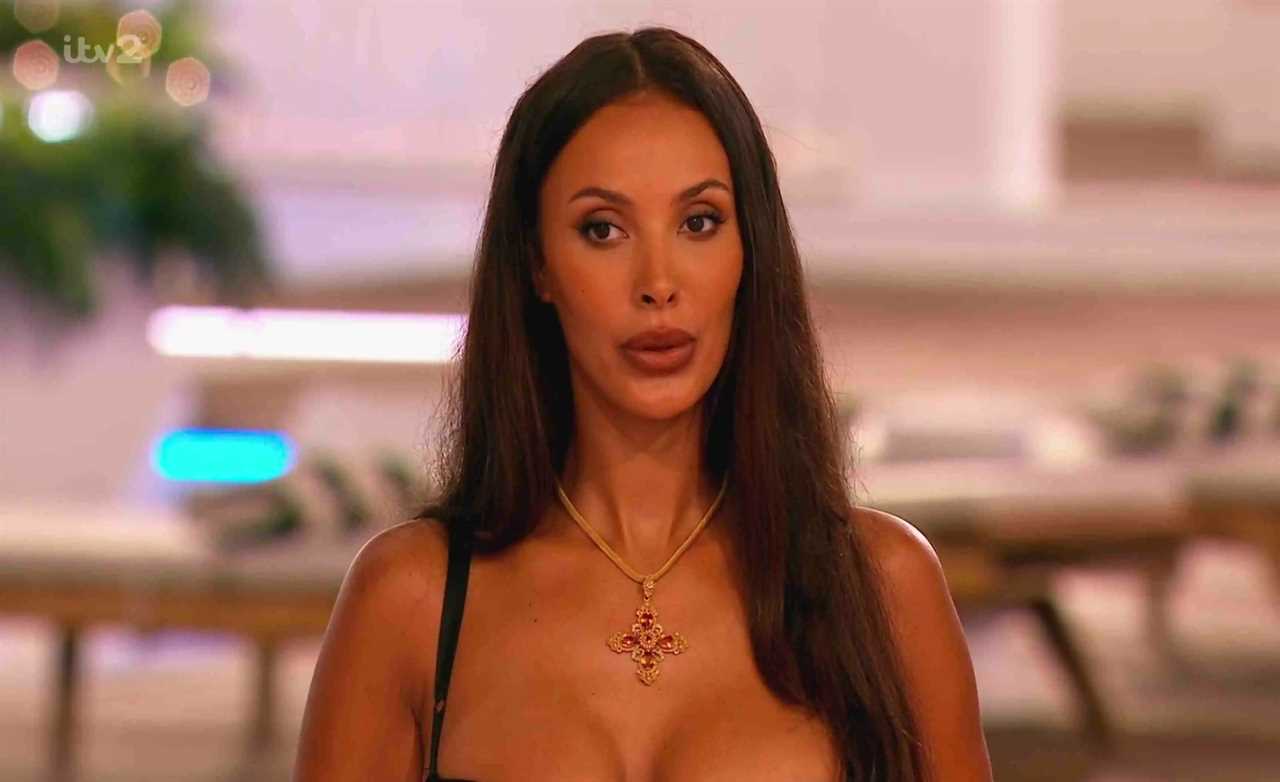
The latest season of Love Island has ignited a storm of emotions among viewers as a new twist threatens to upend the delicate balance among the islanders. With the arrival of a 13th contestant, tensions ran high as established couples faced potential reshuffling, leaving one individual's future in jeopardy. This seemingly routine reality TV format belies the deeper implications of human behaviour and social dynamics that underpin such narrative twists.
Unpacking the Power Dynamics
As the American bombshell, Toni, entered the villa, the subtle power shifts within the group became palpable. The ability to 'steal' a partner revealed inherent vulnerabilities in the islanders' connections, laying bare the fragility of relationships formed under the watchful eye of cameras. The stark choices presented to Shakira and others underscore the performative nature of romantic entanglements within a structured environment like Love Island, where personal agency is both constrained and amplified.
The Wider Context of Reality TV Dynamics
Reality TV's enduring appeal lies not just in manufactured drama, but in its reflection of societal norms and expectations. The pressure to couple up, stay in the game, and perform an idealized version of romance mirrors broader cultural narratives around love, desire, and competition. Love Island, as a microcosm of these dynamics, exposes the intricate dance between individual desires and collective outcomes, often at the cost of emotional well-being.
Interrogating Gender Dynamics and Reality TV Narratives
The gendered implications of Love Island's twists are hard to ignore. The emphasis on women 'grafting' or 'stealing' partners perpetuates outdated notions of romance as conquest, where men are prizes to be won. This regressive framing not only undermines the agency of female contestants but also reinforces harmful stereotypes about competition and relationships. As viewers, are we complicit in consuming narratives that perpetuate gendered power imbalances?

Beyond Entertainment: Real Lives at Stake
While the drama unfolds on screen, it's crucial to remember that behind the glossy exterior of reality TV, real emotions and lives are at stake. The psychological toll of being at risk of elimination, the anxiety of uncertain futures, and the public scrutiny of personal choices all weigh heavily on the contestants. These are not just characters in a scripted show but individuals navigating complex social dynamics under intense scrutiny and pressure.
As viewers dissect the latest Love Island episode and speculate on the fate of contestants, it's worth pausing to consider the broader implications of such reality TV spectacles. What do our reactions reveal about societal attitudes towards love, competition, and personal agency? How do these constructed narratives reflect and perpetuate deeper power structures at play in our everyday lives?
In a world where entertainment blurs with reality, where scripted drama shapes perceptions of human behaviour, and where personal relationships become public commodities, Love Island serves as a mirror to our collective obsessions and insecurities. As we await the outcome of this latest twist, perhaps we can also reflect on our own roles as spectators in a larger game of love and desire.






